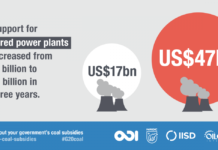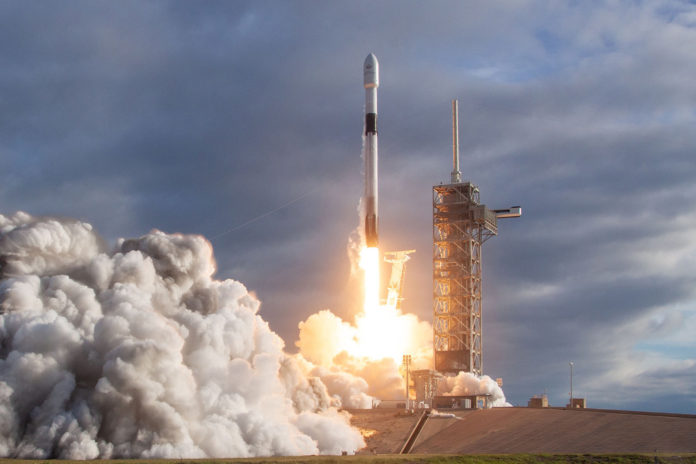Rockets produce massive quantities of particulate pollution and (currently) greenhouse gases. But hey, who doesn’t love the idea of space exploration? Shouldn’t we figure out a way to maintain our space program well into the future?
Between 1970 and 2000, the cost to launch a kilogram into space remained fairly steady, at an average of $18,500 per kg. When the space shuttle was in operation, it could launch a payload of 27,500 kilograms for $1.5 billion, or $54,500 per kilogram. SpaceX recently claimed to be able to launch 1 kg into space for under $2,000 (or 1 lb for $900).
The Saturn V rocket system took 6 million lbs (2.7 million kg) of rocket fuel and oxidizer to launch 280,000 pounds into earth orbit. Modern systems have reduced this to about 9.5 : 1. That means that a 100,000 kg rocket would require 1,000,000 kg of rocket fuel, releasing large volumes of particulate pollution and releasing an enormous quantity of greenhouse gases for the production and/or consumption of the fuel.
For example, various rocket engine propellants produce different emissions. The most common gaseous emissions are water vapor and carbon dioxide from liquid and solid fuels, as well as hydrochloric acid from only solid fuels. Rocket engines also emit large amounts of black carbon and alumina particles, not healthy for humans and other animals.
This is simply not sustainable, right?
Well, maybe.
Most scientists would agree that the Earth’s atmosphere and ecosystems CAN absorb some amount of pollution and greenhouse gases — aquatic and land based plants do consume CO2 after all, and rainfall will eventually trap and ground particles laced with aluminum and other dangerous compounds.
We will not be able to launch rockets using ‘green’ battery electric propulsion systems or the like any time in the near future, so perhaps in the short run, the secret is to eliminate all other ‘non-essential’ combustion of fossil fuels (see list below), and ‘save’ our pollution for rockets (and, also long-range jets).
Here’s a very high level summary of possible ways to achieve this objective going forward:
- Cars, motorcycles, personal pleasure craft ==> Battery Electric.
- Lawnmowers, hedge trimmers, blowers ==> Battery Electric.
- Short- and Long-haul Trucks & Tractor-trailers ==> Battery or H2 Electric.
- Trains, shuttles, trams, buses ==> Battery or H2 Electric.
- Cargo vessels, cruise ships, large yachts, tugs ==> H2 Electric.
- Short-haul / regional aircraft ==> Battery or H2 Electric.
- Medium- and Long-haul Widebody Jets ==> JET A-1 KEROSENE.
- Space rockets ==> Solid and liquid fuel propellants and oxidizers.
So, if you’re a fan of the space program, but yet still want to ensure a clean and safe planet for your children and future generations, we need your help to move these ‘electric mobility’ industries a little bit faster toward clean and green propulsion and save our pollution for rockets (and jet planes).








